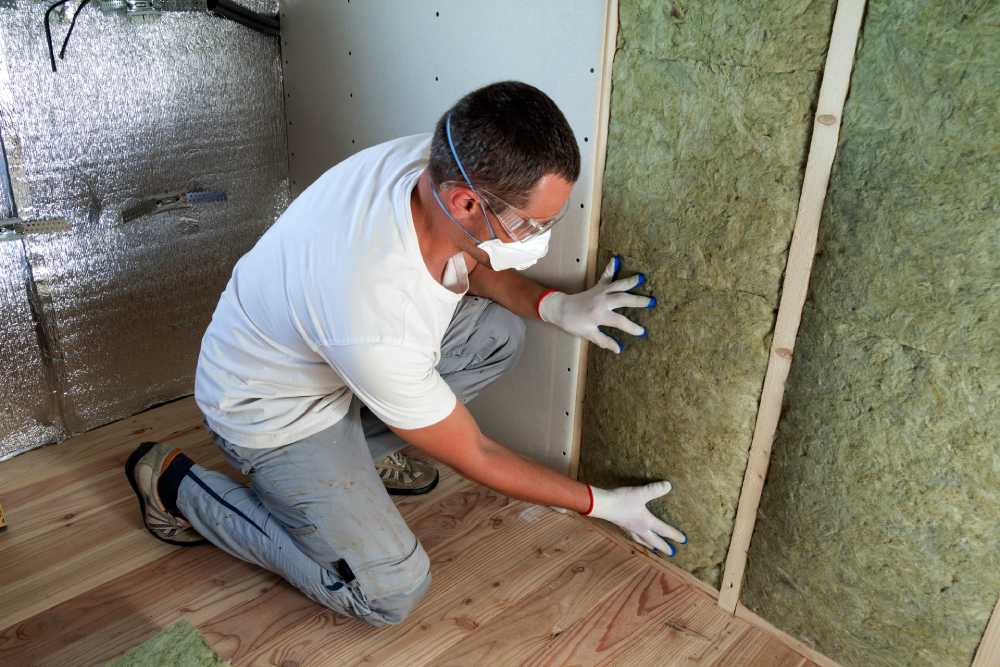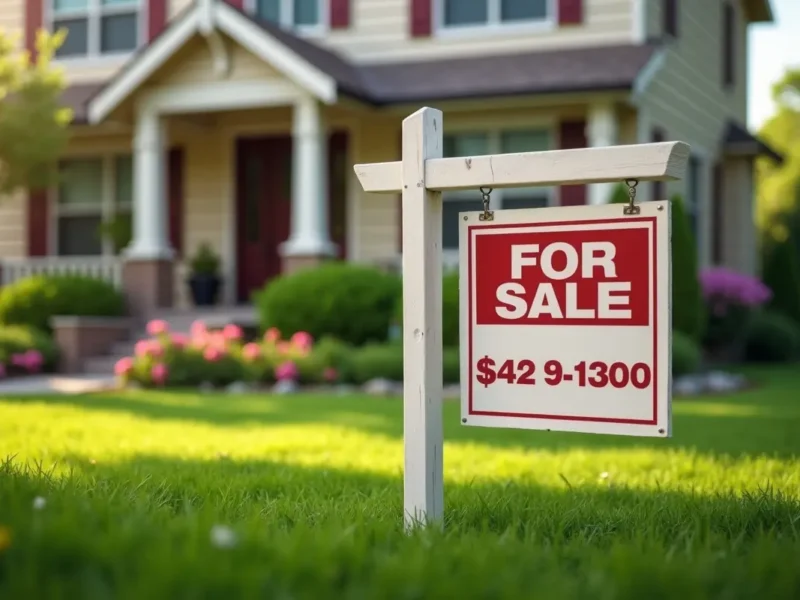Insulating your house is crucial to keeping it warm in the winter and cool in the summer because it acts as a barrier to heat movement. Reducing heat loss from your house and preventing heat from outside is the primary objective of insulation. This can be especially crucial in attics because of the extreme temperature swings.
As fewer pollutants and allergens penetrate interior spaces, proper insulation can help enhance the air quality. An evaluation of your present insulation to ensure it’s up to standard can frequently be included in professional attic cleaning services, improving your living area’s general comfort and healthfulness.
Contents
Types of Insulation Materials
Insulation materials come in various types, each with its benefits and drawbacks. Fiberglass is a cost-effective and non-combustible option, offering good thermal and sound insulation. Foam Board is ideal for reducing temperature fluctuations and is moisture-resistant, making it suitable for foundation walls and basements.
Spray Foam has excellent thermal resistance and can fill small gaps and cracks, making it an effective air barrier. Cellulose, made from recycled paper products, is an eco-friendly option, providing effective thermal and acoustic insulation and being blown into hard-to-reach areas. Its higher recycled content makes it a sustainable choice. The choice of insulation material depends on your needs, budget, and the insulated area.
How Insulation Contributes to Energy Savings
Your energy costs may be significantly decreased with proper insulation. In line with the U.S. Department of Energy, houses with adequate insulation use less energy, reducing heating and cooling costs. Insulation lessens the strain on your HVAC system, increasing its life and lowering the need for expensive repairs by blocking heat transmission.
Furthermore, because insulated homes keep constant temperatures all year round and require less heating and cooling equipment, they are more comfortable to live in. This implies that you will always have a more pleasant living space in addition to saving money.
Environmental Impact of Proper Insulation
Insulating your home doesn’t just save money; it also has positive environmental benefits. Lower energy consumption means fewer fossil fuels are burned, reducing your home’s carbon footprint. The EPA notes that reduced energy use is critical to tackling climate change. You’re contributing to a more sustainable world by insulating your home.
Moreover, some insulation materials, such as cellulose, are made from recycled products, reducing their environmental impact. Investing in energy-efficient insulation is a win-win situation: it helps you save on energy costs while contributing to global efforts to reduce greenhouse gas emissions.
Standard Insulation Mistakes Homeowners Make
Many homeowners make common mistakes when insulating their homes, which can result in suboptimal performance and energy efficiency. Avoid these common pitfalls:
- Not sealing leaks properly before insulating. Sealing gaps and cracks in your home before adding insulation is essential, as air leaks can undermine the effectiveness of the insulation.
- Using the wrong type of insulation for their specific needs. Different areas of the home require different types of insulation. For example, spray foam might suit a basement but not an attic. Always choose the suitable material for each application.
- Overlooking areas that need insulation, such as crawl spaces and basements, can significantly impact your home’s overall energy efficiency. Properly insulating these overlooked spaces can help reduce energy loss and improve indoor comfort.
Avoiding these mistakes can help maximize the effectiveness of your insulation. Proper planning and professional advice can go a long way in making sure your insulation performs optimally. If you need more clarification about your insulation needs, consulting professionals can save you time and ensure the job is done right the first time.
Tips for Maintaining Your Home’s Insulation
Regular maintenance is essential for your home’s insulation to last longer and remain effective. It entails looking for wear or damage on the insulation, replacing or repairing it as quickly as feasible, and ensuring enough ventilation to keep moisture out and mold from growing.
With the help of these upkeep suggestions, your insulation will continue to save energy and provide a cozy living space for many years to come. Frequent inspections can assist in locating potential places for insulation to settle, get wet, or sustain insect damage.
Cost-Benefit Analysis of Insulating a Home
Even though installing insulation might be expensive initially, the money you save on energy costs over time makes the investment worthwhile. Depending on the calculations, an older home’s heating and cooling expenses can be cut by 20% to 50% with proper insulation. It is wise to invest in adequate insulation as it might raise your home’s resale value.
For instance, homeowners can quickly recover the attic insulation installation cost via energy savings. Moreover, the numerous utility companies and government initiatives that provide rebates and incentives decrease the upfront cost of installing energy-efficient insulation.



